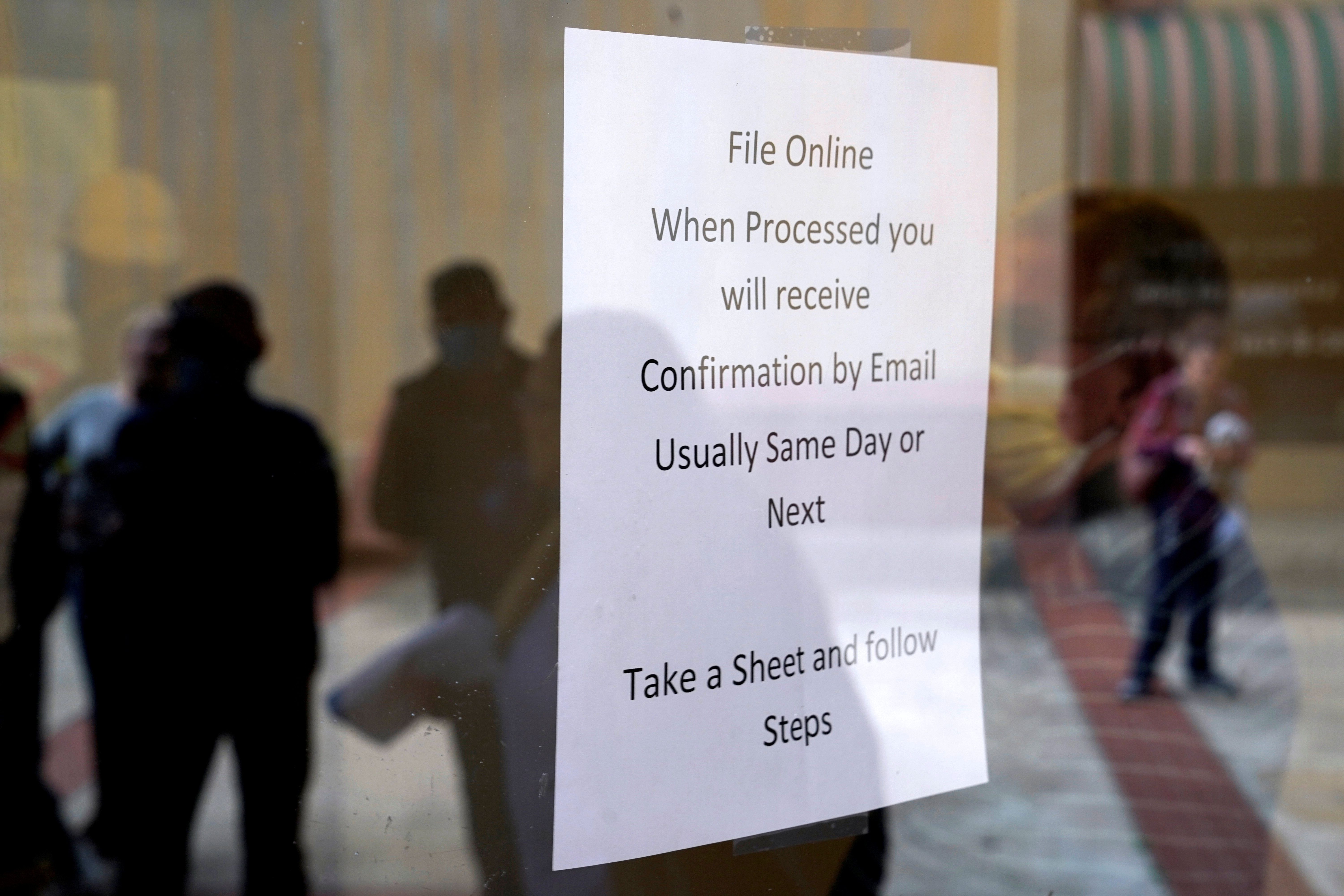April 09, 2020
500 million: The economic fallout from the coronavirus pandemic could plunge 500 million people into poverty, according to a new report released by Oxfam. As incomes and economies continue to contract, global poverty will increase for the first time in 30 years, the report predicts, undermining many of the gains of globalization that have pulled millions out of poverty in recent years.
130 million: The UN says it needs to raise $130 million to fund emergency aid in Zimbabwe through August to prevent mass starvation in the struggling African country. Coronavirus lockdowns have compounded the economic damage of once-in-a-generation drought and recession, which have caused food shortages that have put half the population on food aid.
3: Iraq has named Mustafa al-Kadhimi its new prime minister-designate, the third person selected for that role in just ten weeks, as the country struggles to end months of political deadlock. He will take the helm right as Iraq grapples with a surge of COVID-19 cases, low oil prices, and ongoing tit-for-tat strikes on its territory between the US and Iranian proxies.
13: Another 6.6 million Americans filed for unemployment benefits last week as more state governments ordered widespread closures of businesses, raising the estimated unemployment rate in the US to as high as 13 percent, which would be the highest mark since the Great Depression.
More For You
2026 is a tipping point year. The biggest source of global instability won’t be China, Russia, Iran, or the ~60 conflicts burning across the planet – the most since World War II. It will be the United States.
Most Popular
Sponsored posts
Surgery’s robotic shift
What's Good Wednesdays
What’s Good Wednesdays™, January 7, 2026
Supporters of the UAE-backed separatist Southern Transitional Council (STC) wave flags of the United Arab Emirates and of the STC, during a rally in Aden, Yemen, on December 30, 2025.
REUTERS/Fawaz Salman
The UAE and Saudi Arabia were once on the same side in Yemen, but no longer. The split has exposed a larger regional rift between the two oil-rich, Gulf powers.
Walmart’s $350 billion commitment to American manufacturing means two-thirds of the products we buy come straight from our backyard to yours. From New Jersey hot sauce to grills made in Tennessee, Walmart is stocking the shelves with products rooted in local communities. The impact? Over 750,000 American jobs - putting more people to work and keeping communities strong. Learn more here.
- YouTube
Is Venezuela entering a real transition or just a more volatile phase of strongman politics? In GZERO’s 2026 Top Risks livestream, Risa Grais-Targow, Director for Latin America at Eurasia Group, examines Delcy Rodríguez’s role as Venezuela's interim president after Nicolás Maduro.
© 2025 GZERO Media. All Rights Reserved | A Eurasia Group media company.
